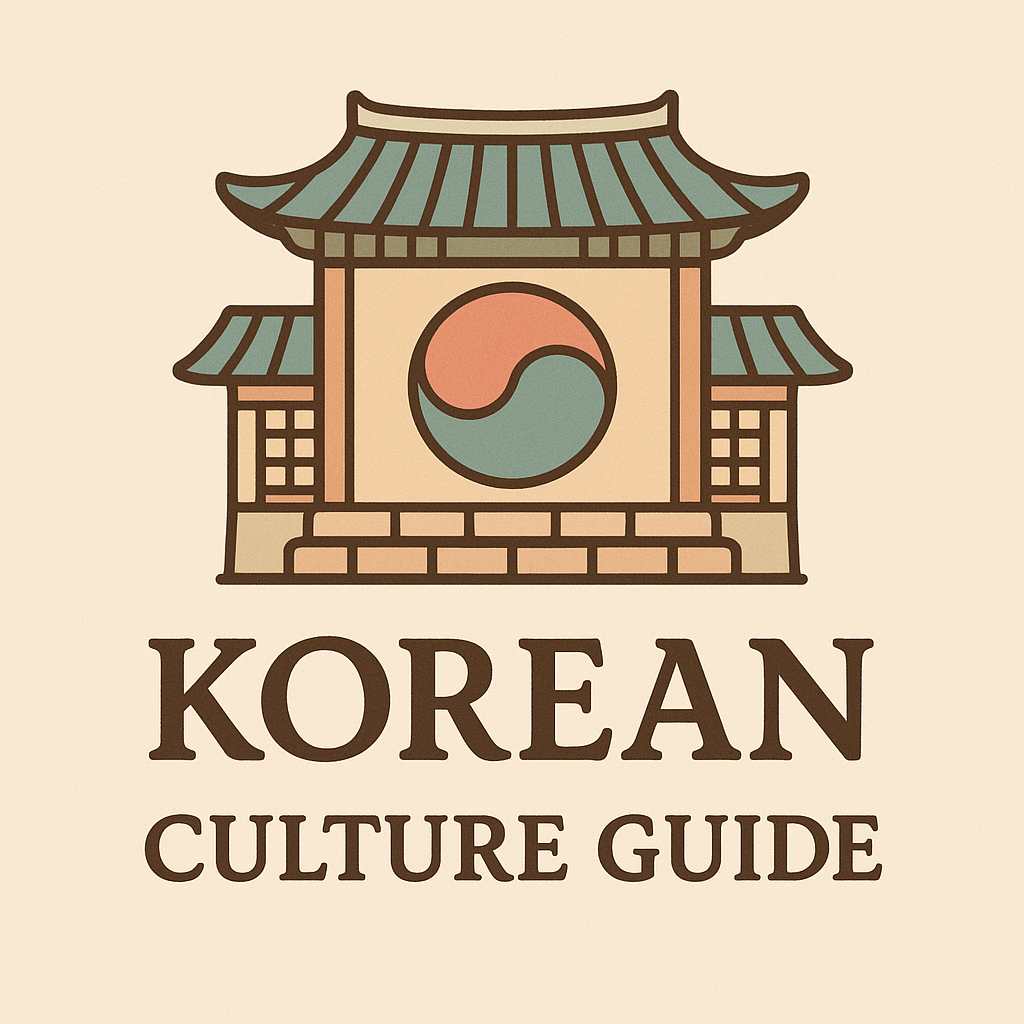-
Why Koreans Shared Dream Stories Over Breakfast: Myth, Meaning, and Morning Rituals
2025. 5. 22.
contents
Dreams at the Dawn Table
In traditional Korean households, the first meal of the day often came with a surprising side dish—dreams. Long before smartphones and morning news, families would gather for breakfast and share the strange, vivid, or symbolic visions from the night before. Why did this ritual matter? What did it mean when a grandmother gasped over a tiger dream, or when someone boasted of dreaming about pigs?
Pig Dreams and Prophetic Meanings: A Cultural Lexicon of Symbols
In Korean dream interpretation (ggut haeseol, 꿈 해설), certain symbols carry strong cultural weight. Dreaming of pigs, for instance, is considered lucky, often interpreted as a sign of incoming wealth or good fortune. If you dreamt of pigs last night, you’d likely tell your family over breakfast—and perhaps even rush to buy a lottery ticket.
Other images have layered meanings: dreaming of dragons may suggest a coming success; snakes can symbolize both danger and opportunity; teeth falling out often relates to death or a family concern. Over generations, Koreans developed a collective dream vocabulary, one that mixed animism, shamanism, Confucian ethics, and folk wisdom.
This made morning dream-sharing more than casual talk—it was a spiritual consultation, a check-in with fate.
Breakfast as a Moment of Spiritual Decoding
Breakfast in Korea traditionally wasn't just about eating; it was a communal space for reflection. Families sat on the floor around low tables, shared rice, soup, and side dishes, and often began the day in quiet conversation. Discussing dreams in this setting allowed families to connect more deeply.
Dreams were thought to come from ancestors, spirits, or the subconscious trying to warn or guide. Ignoring a dream could mean ignoring a divine message. Sharing it aloud gave others a chance to interpret or caution you. Mothers would sometimes even visit local shamans if a child reported a particularly vivid or disturbing dream.
This routine transformed the act of dreaming into a family affair, where meanings were co-constructed in the morning light.
Shamanism, Ancestors, and the Korean Dream World
Korea’s spiritual landscape is rich with shamanic roots (musok, 무속). In this tradition, dreams serve as bridges between the living and the spirit world. Shamans (mudang, 무당) often receive visions through dreams, and ordinary people may receive messages from deceased relatives, nature spirits, or divine energies while they sleep.
Dreams were sometimes seen as omens—a warning of disaster or a sign of healing. There are many recorded instances of people avoiding travel, business decisions, or even rescheduling weddings because of troubling dreams.
By talking about these visions at breakfast, families affirmed their belief in the unseen and reminded themselves that not all knowledge comes from books or logic.
Communal Identity and Emotional Expression
Beyond superstition, sharing dreams fostered emotional openness in families. Korean culture, which often emphasizes restraint in direct emotional conversation, allowed dream talk as an indirect way to express inner thoughts and feelings. A frightening dream could lead to discussions about fear or stress. A dream of separation might open the door to talking about grief or anxiety.
In modern psychology, dreams are seen as a reflection of our subconscious. In Korean tradition, they were both that and more—a reflection of the individual's fate and the family's emotional state. The morning meal became an informal therapeutic space, one that helped individuals feel seen and heard.
Evolution in the Modern Age: Do Koreans Still Do This?
While the tradition of dream-sharing has faded in many urban households, traces remain. Grandparents and elders may still ask younger family members, "Did you have any strange dreams last night?" Especially after major holidays, weddings, or funerals, dreams are still carefully analyzed for signs from the spirit world.
Apps and online forums now supplement the oral tradition, where people post and interpret each other's dreams. TV shows and variety programs in Korea occasionally reference dream omens and symbols, showing how embedded the practice remains.
Though less frequent today, the custom of dream-sharing over breakfast endures as part of Korea’s spiritual and emotional memory. It reminds us that dreams matter—not just to the dreamer, but to the entire family.

The Power of Dreaming Together
Why did Koreans share their dreams over rice and soup? Because dreams, in the Korean worldview, aren't just private experiences—they’re messages, warnings, fortunes, and emotional check-ins. They connect the living with the dead, the personal with the communal, and the individual psyche with national identity.
To dream in Korea was never a solitary act. It was an invitation to connect, interpret, and care. And that’s what made the breakfast table sacred—not just as a place for food, but as a portal between worlds.
'culture' 카테고리의 다른 글
Why Koreans Bowed Instead of Hugged: The Language of Respect (0) 2025.05.26 The Sound of the Gayageum: Why Korean Music Cherished Silence (0) 2025.05.25 How Traditional Korean Pillows Were Designed to Shape Dreams (0) 2025.05.24 Why Koreans Greeted the First Full Moon with Fire: The Ancient Ritual of Jeongwol Daeboreum (0) 2025.05.23 What Bamboo Means in Korean Poetry and Confucian Ideals (0) 2025.05.21 Why the Number Four Is Feared in Korea: Death and Language (0) 2025.05.20 The Ritual of First Snow: Why Koreans Made a Wish (0) 2025.05.20 The Secrets of Korean Laundry Stones: Cleanliness, Ritual, and Community (0) 2025.05.19
K_Culture Guide
Korea Vibes Blog shares real stories, cultural insights, and travel tips from Korea. Discover what makes Korean life so unique.
